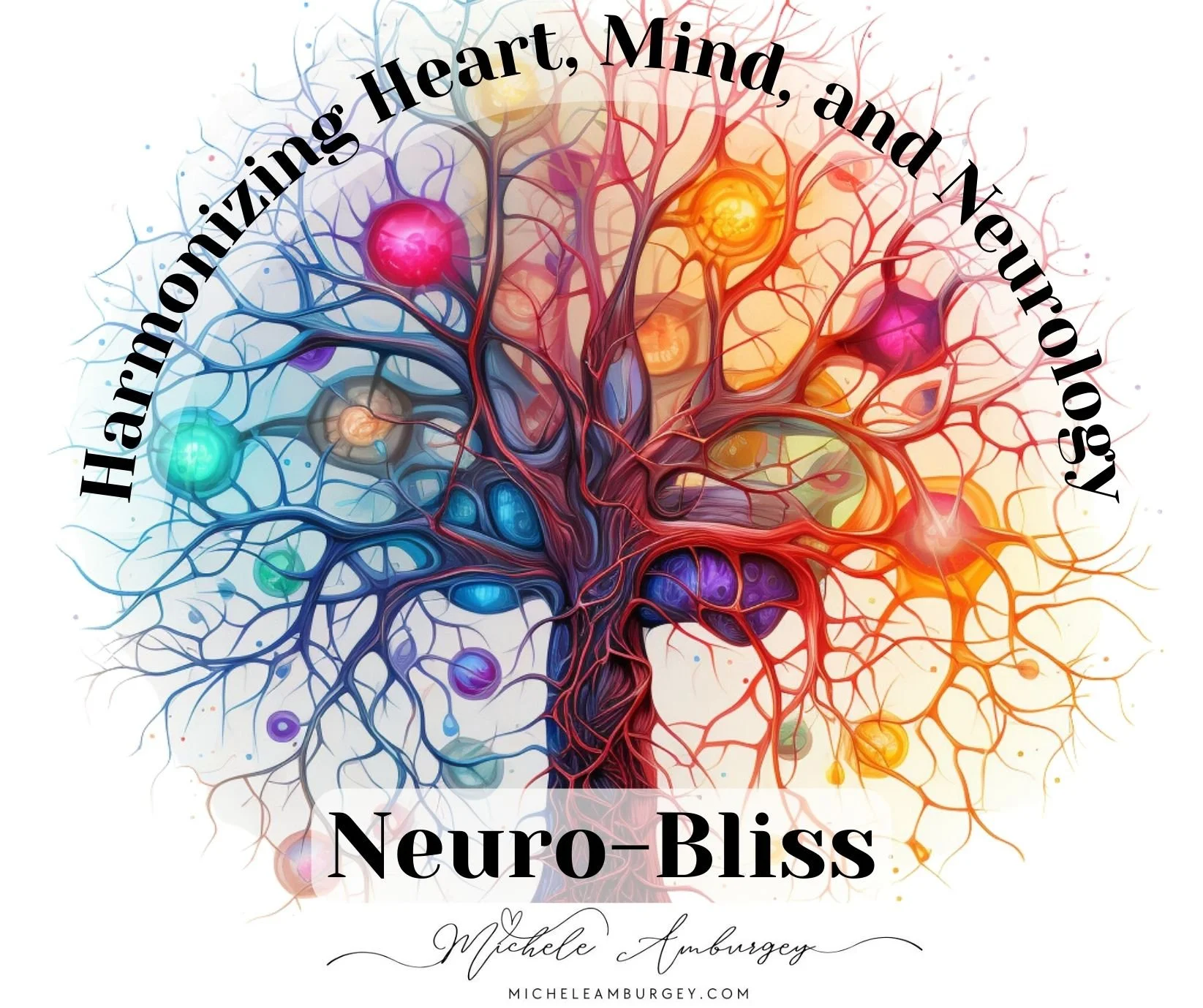Heal Stress, Trauma and Neurology with Neuro Bliss
Are you struggling and can’t seem to break through? Have you experienced repeated situations, people, struggles, thoughts, etc.. and can’t figure out why? Are you feeling anxiety, depressed, emotional, sensitive, overwhelmed, scared or maybe even just feel a little bit like giving up? You may be experiencing the effects of trauma. Trauma has a huge impact on how we go through life. It can create struggle and limitation instead of freedom, peace, joy, abundance and harmony.
Neuro Bliss is all about identifying, aknowledging, embracing and releasing traumatic energy that is trapped in the body and allowing your nervious system to regulate and regain it’s harmonious, peaceful status, that is your normal place to be!!
Learn a little bit about trauma and how we can help you:
About Trauma
Trauma can manifest in the body through a process often referred to as somatic experiencing. The body's response to trauma involves the interplay of the nervous system, muscles, organs, and other physiological processes. Here's a breakdown of how trauma can be stored in these aspects:
Nervous System: Trauma activates the autonomic nervous system, leading to the release of stress hormones such as cortisol and adrenaline. The sympathetic nervous system, responsible for the "fight or flight" response, may become hyperactive, contributing to increased arousal and vigilance. Chronic activation of the stress response can dysregulate the nervous system, impacting emotional regulation, sleep patterns, and overall well-being.
Muscles: Trauma can lead to muscle tension and patterns of chronic contraction. The body's instinctive response to threat often involves preparing for action, resulting in tightened muscles. Over time, this chronic muscle tension can contribute to physical discomfort, pain, and a heightened sensitivity to stressors.
Organs: The impact of trauma on the nervous system can also affect organ function. Chronic stress may contribute to disruptions in digestive processes, immune system function, and cardiovascular health. For example, prolonged stress can lead to issues such as irritable bowel syndrome (IBS), immune system suppression, or hypertension.
Somatic Memory: Trauma memories can be stored in the body as somatic memories, which are non-verbal, sensory-based memories linked to physical sensations and emotions. Certain body postures, gestures, or even specific smells can trigger these somatic memories, leading to a re-experiencing of the trauma on a physiological level.
Fight, Flight, Freeze Responses: The body's immediate responses to trauma (fight, flight, freeze) may become ingrained in the nervous system. These responses can persist even in non-threatening situations, leading to heightened reactivity, avoidance behaviors, or a tendency to become immobilized in the face of stress.
Therapeutic approaches such as archtyping, EFT/Tapping, somatic breathing, intuitive drawing, frequency healing, meditation, mindfulness techniques hypnotherapy and personal/spiritual development aim to address and release the stored tension and energy associated with trauma, allowing individuals to integrate their experiences and promote healing on both psychological and physiological levels. Resolving the stress and anxiety that is a symptom of trauma can be accomplished. I provide gentle, personally designed pograms to support your journey from overwhelm to inner bliss.
Symptoms of a dysregulated sympathetic nervous system:
Excessive sympathetic overload, also known as trauma, is a state in which the sympathetic nervous system becomes excessively activated, leading to a prolonged state of stress.
With a highly active sympathetic nervous system, the body remains in a heightened state of stress, even in the absence of immediate danger. This can lead to a range of physical and emotional symptoms, such as:
Digestive issues
Dysregulated and disturbed sleep
Anxiety
Depression
Addiction
Eating disorders
Chronic Pain
Chronic Fatigue
Inability to focus
Procrastination
Emotional outbursts (as in PTSD)
PTSD
Low motivation
Feeling disconnected
Withdrawal from life, friends, family
Suicide
How I Can Help:
Over time, repeated exposure to trauma and the chronic stress and anxiety it creates can shape an individual's default response pattern, impacting their ability to navigate future challenges.
Therapeutic interventions often aim to help individuals understand and regulate these responses to promote healthier coping mechanisms and recovery from trauma.
Through my Neuro Bliss Programs I offer therapeutic approaches such as archtyping, EFT/Tapping, hypnotherapy, somatic breathing, intuitive art, frequency healing, meditation, mindfulness techniques and personal/spiritual development aim to address and release the stored tension and energy associated with trauma, allowing individuals to integrate their experiences and promote healing on both psychological and physiological levels.
To answer any questions and get support in making this most important decision to change your life, schedule your Breakthrough Session HERE

